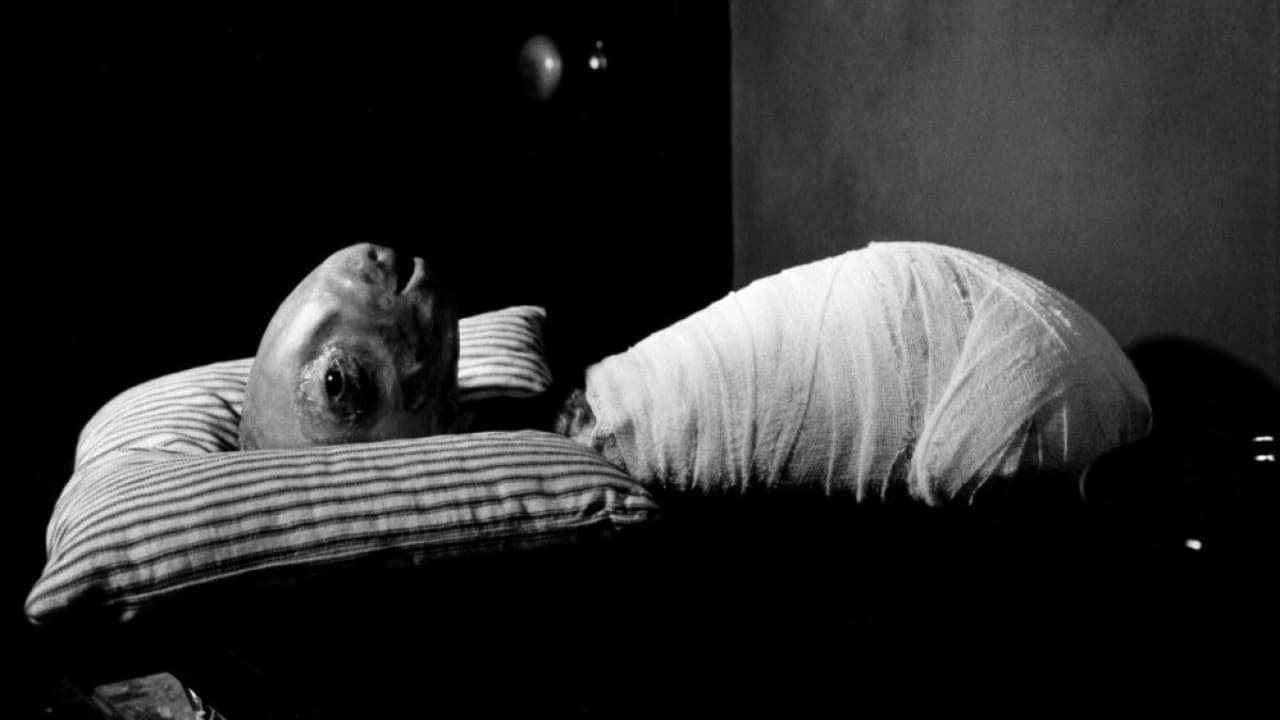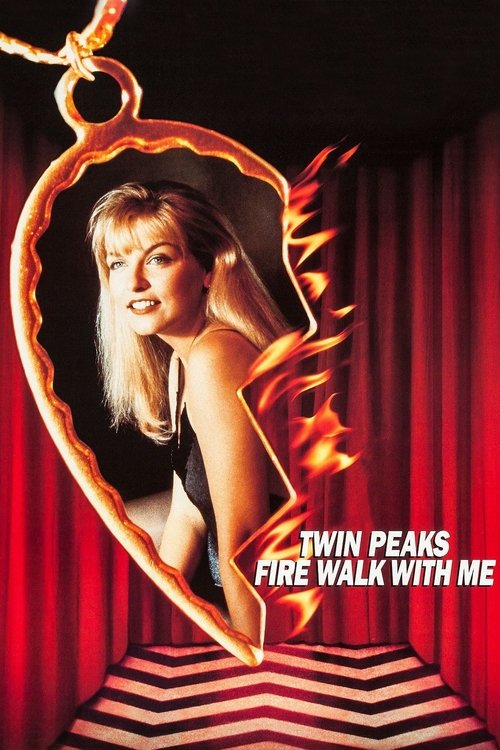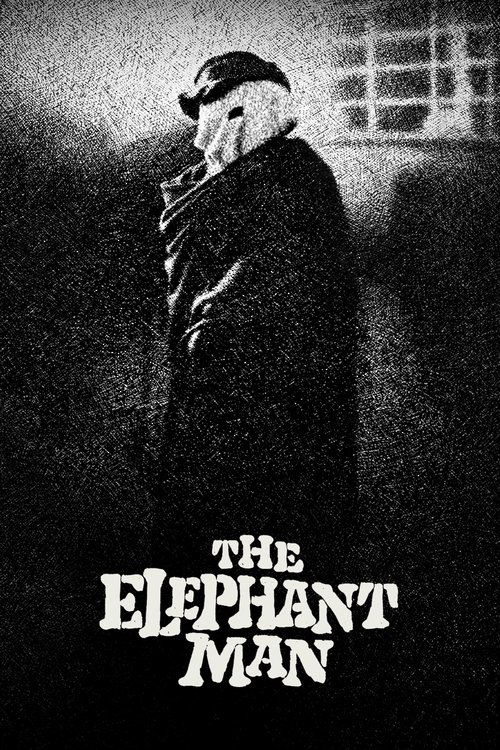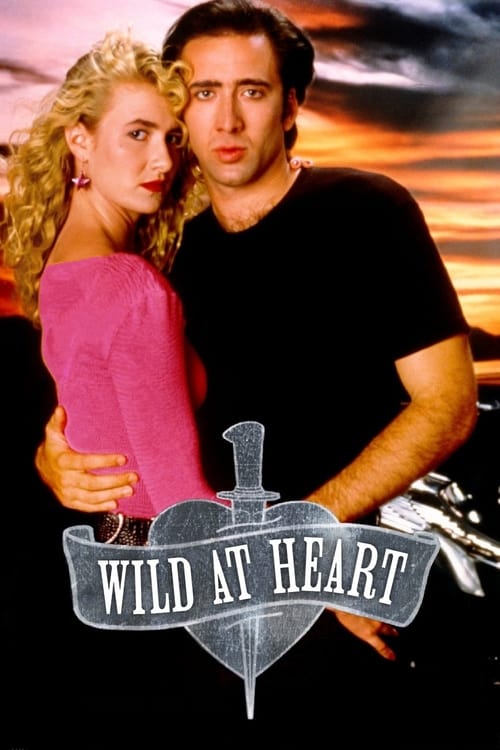
1977
Eraserhead
Horror, Science Fiction
8.0
User Score
2685 Votes
Status
Released
Language
en
Budget
$100.000
Production
AFI
Overview
First-time father Henry Spencer tries to survive his industrial environment, his angry girlfriend, and the unbearable screams of his newly born mutant child.
Review
PostCut_The_Film_Podcast
8.0
<div id="buzzsprout-player-8546506"></div>
<script src="https://www.buzzsprout.com/1610599/8546506-the-brainburner.js?container_id=buzzsprout-player-8546506&player=small" type="text/javascript" charset="utf-8"></script>
Listen to the full review above!
"For anybody of a given age or someone who is a real cinephile... You only need to hear... David Lynch. The first impression I had was tension, then I watched it again... it's nightmarish." David M. Brown.
"It's one of those things that can only be described as a lucid dream come to life. It takes a certain caliber of person to actually put out work like that. And it's not crazy.... It's Genius." Sarah Peterson.
"Definitely a brain Burner. It was definitely the weirdest movie I've watched. I can't describe this movie in words... It's not of this earth. I want to go sit in a corner in a dark place and think. This is not a movie.... It's beyond a movie." David Veerkamp
Read More 
Sigeki_Ogino
0.0
We believe that films should "make people happy" (euphoria). No, we believe it should. Of course, there were thorny issues in getting there.
I used to say that "movies are the art version of pornography" if there was even a hint of sexuality, and in middle and high school I mainly watched "erotic" movies ("A Clockwork Orange" being the first of these).
Looking back, I was a "foolish spectator." One day, however, a change came to me. I believe that an encounter with a movie can change your life, and the movie I encountered was "Mulholland Drive," which turned my view of movies upside down, saying, "I have never seen a movie like this.
Until then, to my surprise, I had never even heard of David Lynch (I'm embarrassed to say ‼︎).
From memory, between the ages of 12 and 13, I saw this surreal, showbiz-crazed entertainment at least a dozen times and was not only never bored, but drawn in. Isn't that amazing?
I mean, "It was a 'monumental' movie in my life" (my strongest experience in a movie theater was when I saw "The Return of the King"). ......
So I had to see this film by a great filmmaker. In comparison, "Lost Highway" was an insignificant film.
Honestly, I don't know, but it seemed to be well received by the public. However, this is a common phenomenon.
A friend says, "This movie is interesting," so I take his opinion and watch it, only to find that it is actually not that interesting.
Now it has become my "rule" and "motto" to "choose my own movies."
Even 'Blue Velvet,' which is considered Lynch's best film, was really bad." What is so interesting about David Lynch?" I am often asked. It is difficult to answer this question.
In fact, even if he had retired from the film industry after one film, "Mulholland Drive," David Lynch would still be revered as the king of surrealist cinema, but my "Lynch experience" ends there. However, it was "Eraserhead" that started my "Lynch experience" back to the classics, and that is where it should have ended.
This creepy, nightmarish film, which even psychotic patients can't hold (and if Lynch portrays psychosis, he certainly sucks at it), was released in 1978 and although it didn't gain immediate popularity, it did gain a cult following by being shown in drive-in theaters and elsewhere.
"What is this creepy movie?"
I was astonished to learn that this movie was made in 1977. There were few ups and downs in the story and no visual beauty.
It was just a dusty, sandy factory area. An alien obsessed with the "peculiar hairstyle" of the main character, played by Jack Nance, gives birth to a deformed child and is sexually abused by his stepmother.
It is the story of Mary, the "crazy fiancée" who gave birth to the deformed baby and abandoned him, her sexual neighbors, and the puppies who suck chubby titties from the female dog. The chicken at the table runs like clockwork.
The "deformed" baby cries and we dissect it. The "vomit" comes down our throats, and it's painful to watch. Frankly, it made me sick. Was it my fault or the movie? Was it Jack Nance's fault?
By the way, please don't assume that "Eraserhead" is super difficult to understand. To me, Christopher Nolan's films are esoteric, but David Lynch's films are not so esoteric if you are in a position to "watch" them. The images may be boring because they embody a world that could happen to anyone (e.g., insanity or psychosis), but Lynch would not want to make it "esoteric."
Eraserhead is, in short, experimental science fiction (not breathtaking "entertainment") only in the guise of "surrealism."
It begins with two shots of "Henry" and a "deformed child" drifting through "outer space," and eventually a creepy woman appears in "high places" and "deep waters."
The "factory zone" and "outer space" are connected until the creepy woman sings "In Heaven." The "Alien Child" is in "intergalactic union" with the man from "The Distant Star" and Henry Spencer.
Read More 



